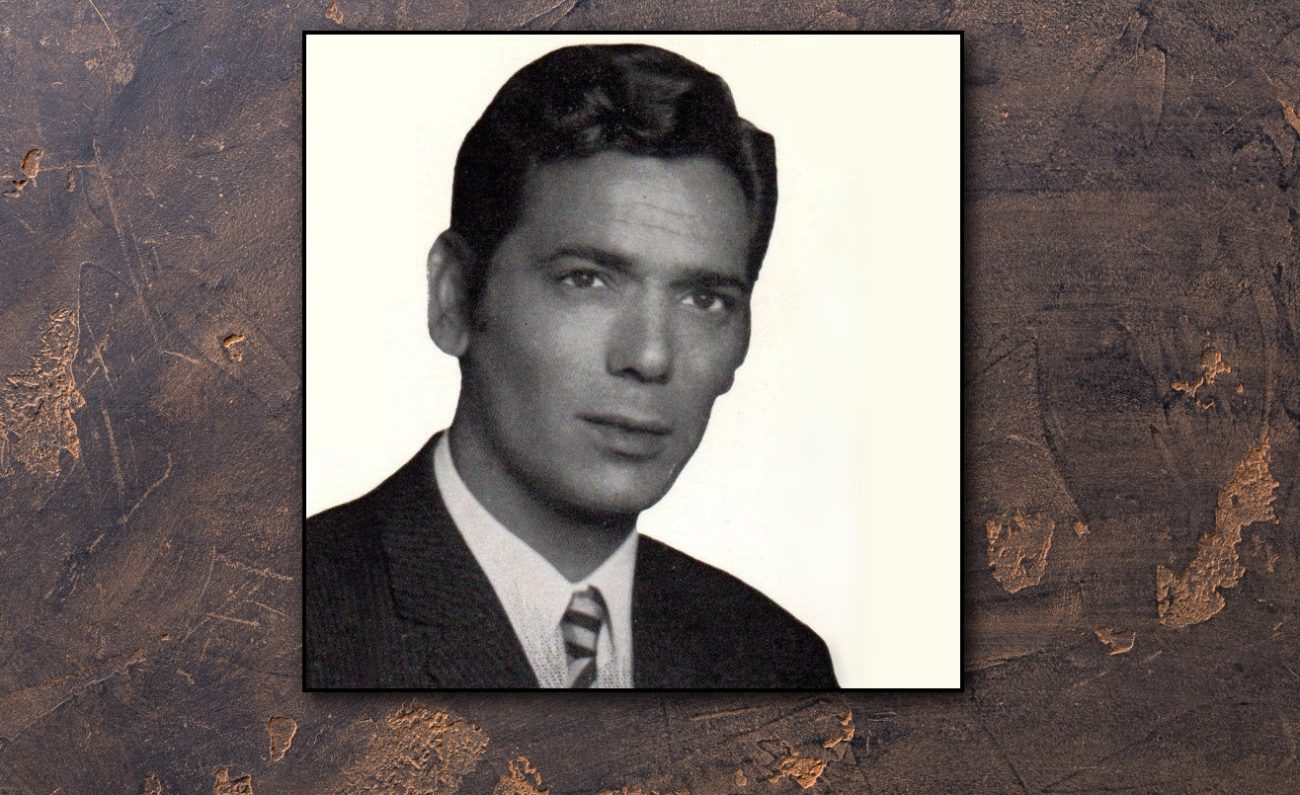That’s why Chocolate sang the way he sang
One night I talked for two or three hours with Antonio El Chocolate about the way he studied cantes when he was a teenager, and he told me many interesting things. Among them, he told me that he didn’t study at all. “I listened to the cantaores and cantaoras in those social gatherings. I listened to La Moreno, who barely had any voice left; to

One night I talked for two or three hours with Antonio El Chocolate about the way he studied cantes when he was a teenager, and he told me many interesting things. Among them, he told me that he didn’t study at all.
“I listened to the cantaores and cantaoras in those social gatherings. I listened to La Moreno, who barely had any voice left; to Niño Gloria de Jerez, who ended his days very poor; toArturo, the older brother of Pastora and Tomás, from who I learned two or three seguiriyas”.
Didn’t you listen to slate records in gramophones?
“I didn’t even have enough money to eat. How could I possibly afford a gramophone or records which costed as much as a laborer’s daily pay? At La Alameda there were bars with gramophones, and sometimes I’d sit down and listen to records of Manuel Torres or Manuel Vallejo. But I learned to sing in rooms and listening to artists in theaters or family reunions. That way of learning was better than today’s”.
Chocolate told me that one day Antonio Mairena asked him to sing a cante por tonás of Arturo which the master had never been able to learn in gatherings, because Mairena and Arturo didn’t get along as a result of an argument they had after Tomás passed away.
“Antonio wanted to know everything about that toná, and I sang it for him several times. That was the way he learned, maybe that’s why he was a bit too technical”. Chocolate didn’t dare too say that Mairena was too cold and brainy, although that’s what he thought.
The way of learning has changed, so the way of singing has changed too. There have always been imitators through flamenco history, but nowadays there are more than ever. In fact, those cantaores and cantaoraswho perform the most in festivals don’t have their own unique style, but are followers of one or other cantaor (I don’t think I have to say names).
Chocolate told me about his style of fandango.
“When I was a kid, everyone and their dog sang fandangos in Seville. There were twenty or thirty geniuses able to pierce people’s hearts with their singing, and I don’t mean the famous ones, like El Carbonero, El de la Carzáand El Sevillano, who were big stars, but aficionados who worked as street vendors, or in grocery stores or at the Cruzcampo brewery. My style of fandango has a lot of those anonymous singers whom I listened to in the taverns of La Alameda and La Macarena. Next to today’s new singers, those were true geniuses”.
We must categorically dispel the myth that all of today’s cantaores learned to sing listening from records. I don’t believe this, even as it has been said often. I’ve seen Arcángel in parties, when he was almost a kid, listening to Enrique Morente or Paco Toronjo in Huelva. And I can imagine the childhood experiences of Jesús Méndez in Jerez, his birthplace, listening to a Juan Moneo El Torta or Fernando el de la Morena. Or Rancapino Chico, who was just a kid when he already listened to all the great cantaores who performed with his father.
So, how come today’s cante seems so cold and brainy, generally speaking? At least that’s what I hear from many aficionados. Perhaps it’s the obsession with technical perfection, I don’t know. Or maybe it’s the voice amplifiers. Likely it’s the way of life, which is very different than what it was eighty years ago. That was Chocolate’s opinion.
“I had to pierce the soul of a señorito to be able to eat something that day. Either I made him cry, or he wouldn’t pay me anything. That need gave me a feeling that doesn’t exist nowadays”.
Are you going to think about this?
Translated by P. Young






